‘Surround yourself with your ‘dream team’—the ones who question, challenge, and lift you up when you stumble’
By Tony Sanchez

In our latest Women in Finance Interview, Tony Sanchez speaks to Snizhana Yesaulenko, COO at Fiduciam.
Snizhana’s journey underscores a deep understanding of the UK specialist and alternative lending industry, coupled with a proactive approach to driving strategic initiatives and fostering sustainable business growth.
Throughout her career, she has navigated various roles in senior management and on Boards, showcasing her commitment to innovative practices and prudent decision-making within the UK lending landscape.
Beginning her lending journey with Commercial First from 2005 to 2012, where she focused her expertise in structured finance.
Later, as the Operations Director at Oblix Capital, Snizhana played a pivotal role in securing crucial funding lines with institutions like RBS (Natwest) and One Savings Bank (Interbay).
Snizhana joined Fiduciam last October as COO and is now leading the Operations team.
What brought you into financial services?
Since I was a young girl, I have had a strong inclination that I was destined to work in an industry that involved some form of finance.
The financial sector has always interested me; it offers such diverse career opportunities from banking, insurance and investment, to fintech.
Then following one particular advertisement in the Financial Times, and perhaps with a stroke of luck – here I am!
What do you think makes a successful leader? And in particular women leaders?
It is hard to specify all the qualities that make a successful leader as every situation is different.
However, I believe that having clear vision, effective communication, empathy, resilience and being able to swiftly adapt to different situations are all essentials of being a good leader.
As leaders, women are often stereotyped and face many challenges, whilst some regard this as a negative, I see it as an advantage.
Female leaders are often more genuine and tend not to operate in a traditional male leadership style.
They are usually stronger advocates for diversity and inclusion – this opens up a greater talent pool which creates opportunities for underrepresented groups.
At difficult times women are also perceived as more empathetic, which allows them to build stronger relationships and in turn, foster more effective teamwork.
What are the biggest barriers you have faced in your career in financial services?
In the early stages of my career, I faced an obvious language barrier with English not being my first language.
But in doing so, I have actually had some great moments where my choice of words has lightened the mood in difficult and tense situations, which led to more open communication between the parties involved.
I have learned to use this to my advantage, for example, asking questions when others shy away.
If you could tell your younger self one thing you know about business now, what would it be?
To know what my end goal is and to base my decisions with that goal in mind.
It is surprising how much easier it becomes when you are working towards your personal targets!
What’s your own personal mantra?
To keep learning, keep listening to new innovators and follow leaders both in our industry and in everything else I am interested in, hobbies and passions.
It is only then I can push the boundaries and come up with new ideas. Don’t go stale!
What do you think is key for finding a successful work-life balance?
The key to unlock this is not achieved by oneself, but with the commitment and effort from other individuals, organisations, and society as a whole.
What’s one key leadership lesson you’ve learned along the way?
I have a couple of answers to this.
The first is to learn to listen. The second is when it is all getting a little too much go back to basics, no matter how many years of experience you have behind you.
What advice do you have for women aiming for leadership positions?
Surround yourself with your ‘dream team’—the ones who question, challenge, and lift you up when you stumble.
They are your secret for success!
What do you think is holding women back?
It’s often the hesitance to seek support; at work and at home, coupled with a poor supporting network and environment.
Do you think there is still a glass ceiling?
Yes
What are your thoughts on the Women in Finance Charter?
It’s a great pledge and I fully support the cause.
It is important to address systemic barriers and promote diversity, ensuring that meritocracy remains at the core of hiring and promotion practices.
It goes back to nurturing female talent earlier in their careers, so they are on an equal playing field when it comes to senior appointments – and this is where action is slow across the layers of workplace.
How do we encourage more women into financial services?
There are many parties involved and everyone has a role to play – from the government, educational establishments, and financial services businesses to female role models and even the media.
I don’t believe financial services roles should be determined by gender. The ability of other female leaders to inspire, empower, and bring the best out in each other is crucial.
The gender pay gap is only second worst to the construction industry. What can organisations do to address this?
To address the gender pay gap, organisations should regularly review and adjust their pay practices.
They must ensure transparency and fairness, combating unconscious bias and promoting equal opportunities for all employees by supporting flexible work arrangements, and implementing transparent pay policies.
It’s vital to recognise that value in the workplace is not always visibly apparent and that systemic biases may influence perceptions of worth.
What is your biggest achievement to date?
More than six years ago, I had the courage to leave my then stable nine-to-five job to spend more time at home with my family.
In doing so, this also opened up a lot of new opportunities that I didn’t realise existed at the time.
I acquired new (work-related) skills and developed a completely new outlook which changed my perspective on work and life, forever.


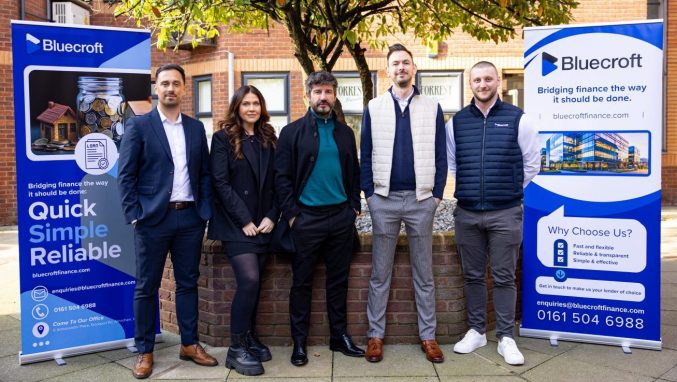
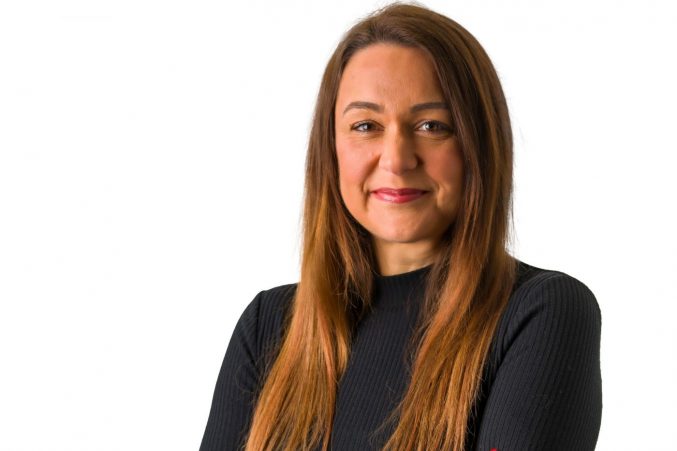

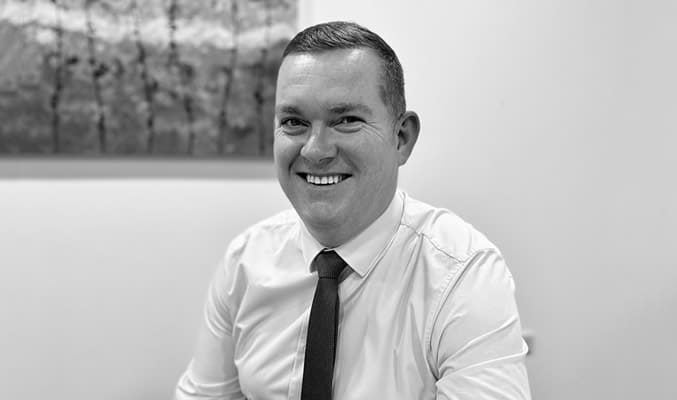
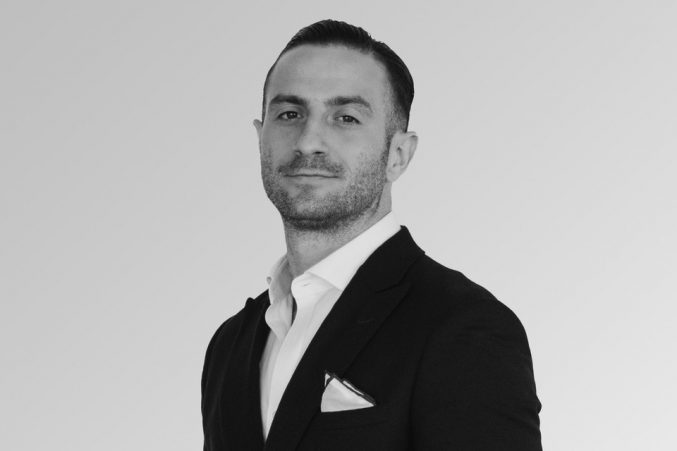


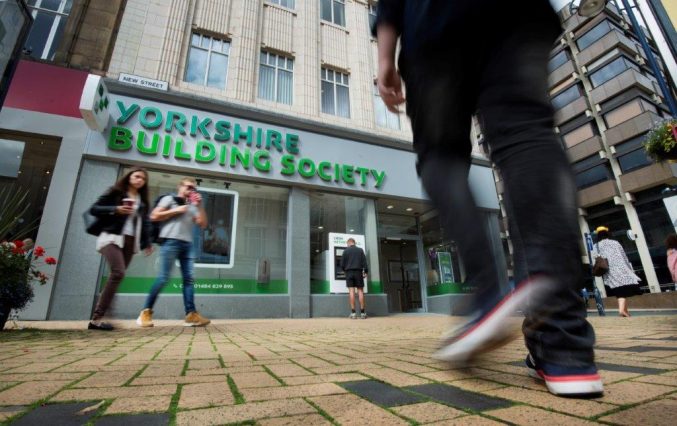
You must be logged in to post a comment.